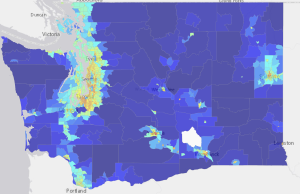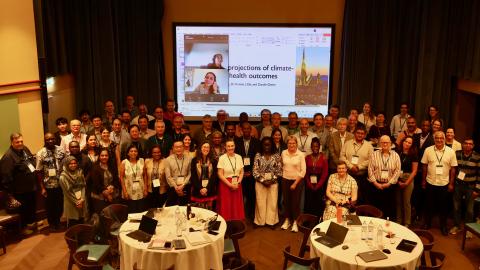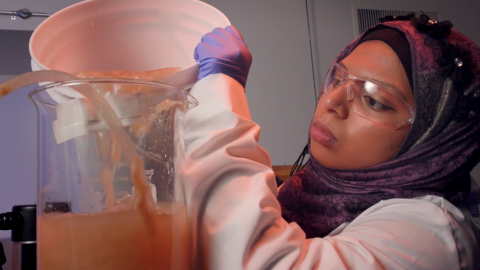
The Reach Center is recruiting city and county health departments for a study of heat-health interventions.

Dr. Jeremy Hess, the study’s lead investigator, and a team of researchers are seeking 30 local health departments from Washington, Wyoming, Alaska, Montana and Idaho to participate. The study will evaluate CHaRT, an online tool to help policymakers prevent illness and death during extreme heat events.
Participating health departments will be split into an intervention group and a control group. Over the course of one year, all of the health departments will complete two online surveys. Those in the intervention group will spend an additional five hours in facilitated engagement sessions with researchers, learning to use CHaRT. All health departments will be paid for their participation. More information about the study, and benefits to health departments, is available on the Reach Center website.

In addition to conducting the study alongside local health departments, the Reach Center is hosting an Implementation and Evaluation Fellowship. This will provide public health academics and practitioners with the opportunity to train and receive technical assistance in implementing science research methods in the context of reducing illness and death in the wake of disasters. Program details are being finalized and additional information about the fellowship and the application process will be provided around the end of September.
The Reach Center is a collaboration between CHanGE and the National Association of City and County Health Officials (NACCHO). The Reach Center is funded through an exploratory research grant from the National Institutes of Health (NIH). Reach’s mission is to develop, implement and evaluate interventions to keep people healthy through extreme heat events, wildfires and other disasters.
- Heat
- Reach Center


